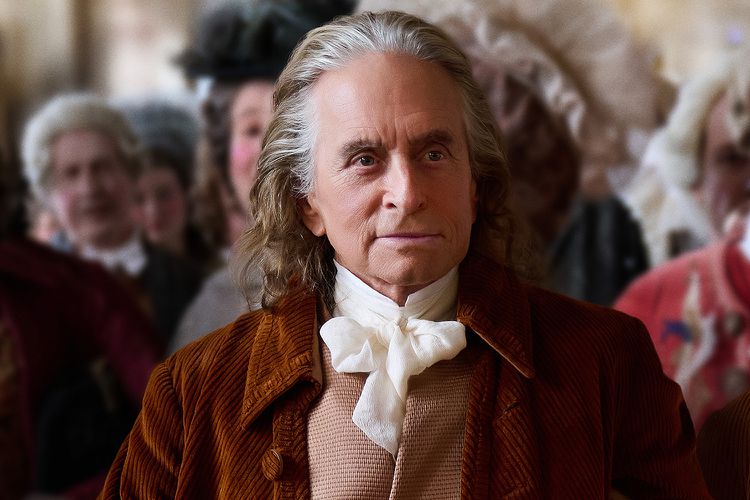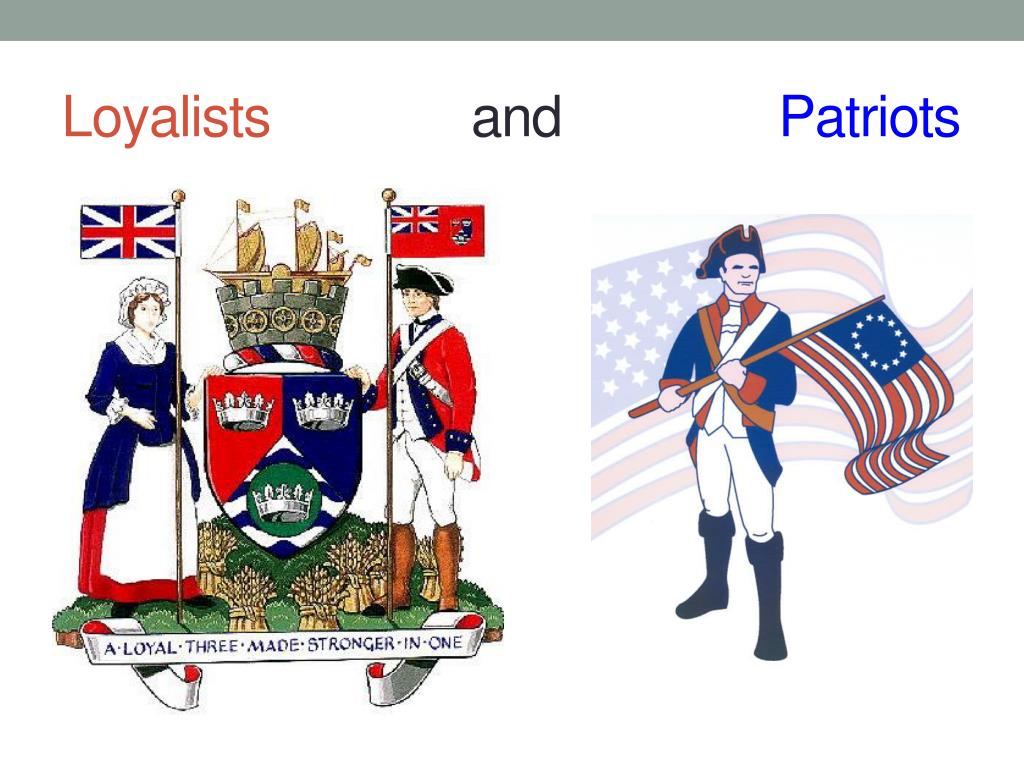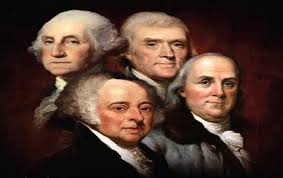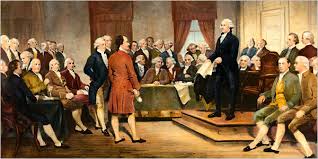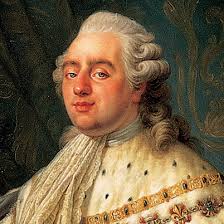by Bob Sparrow

Or am I confused? Probably! Most of us have arrived an hour late or an hour early during the switching of clocks between Standard Time and Daylight Savings Time or vise versa; I know I have. Yes, it’s that time again – change your clocks, change your life . . . for a while. There’s been a lot of talk about both staying on Standard Time all year or staying on Daylight Saving Time all year, but so far, it’s only talk.
Yes, this whole blog is going to be about Daylight Savings Time, so if you’ve got something more important to do, like organizing your sock drawer, I’d go do that. As there is just no following a ‘dog story’ like my sister’s acquisition of Dooley. This blog clearly will not be heart-warming or for that matter that interesting, but hey, whad ya pay?
The history of Daylight Savings Time (heretofore to be referred to as DST) is more time-consuming than anything, but since it is upon us, we’ll see if I can spice it up a bit, albeit with tidbits that may or may not have credibility – as creative writing was one of my favorite subjects in school (when I wasn’t taking up space).
How and why did we get to a place where we have to change our clocks twice a year, and are we ever going to adopt just one time standard anytime soon? Well, let’s look at our attempts to try to outsmart time. I’ll try to make this as painless as possible. Many believe that Ben Franklin ‘invented’ DST, good guess, but no, he was busy flying his kite in a thunderstorm. Early on there was a guy in New Zealand and another guy in England, who played with the idea of being God and deciding what time the sun should rise and set, but nothing was really done on a grand scale, until Germany, in WWI changed their clocks in an effort to save energy. The U.S., not to be out-smarted by the Germans, adopted it as well, but went off it as soon as the war ended. We brought it back during WWII, (just as those pesky Germans did again!) but canceled it again at the end of that war. In fact, the first name for DST was ‘War Time’, as apparently, it wasn’t that important to save energy during peacetime. Although it went away on a national level, states were given the option of adopting it or not – which led to some states adopting it and some not, which in turn led to a good deal of confusion. To wit: in the mid-1960s one bus route traveling the 35 miles between Steubenville, Ohio and Moundsville, West Virginia, went through seven different time zones! In 1966, in an effort to solve this problem, President, Lyndon Johnson signed a bill that made DST national! Well, almost national, Arizona and Hawaii decided they’d ignore the president, sort of like some are doing today, and did not adopt, and have never had, DST.

Today, 19 other states have petitioned to get off DST. Why? The main reason seems to be health, as our health is tied to our circadian rhythms – the cues our body takes from the time of day . . . or night. This argument states that the human body is not designed to reset its internal clock, thus heart attacks rise by 25% when the clocks ‘spring forward’, (hope you’re still with us) also there are more car accidents (hope you’re not reading this while driving your car) and ER employees make more mistakes after the time change (stay out of ER this week!). And for all of those who sleep, the American Academy of Sleep Medicine is lobbying to do away with DST as it causes poor sleep, and virtually all health issues are compounded by poor sleep.

Since the change in time is to merely have more sunlight during the working or playing day, the solution being offered seems to be fairly simple, have businesses, schools, etc. have ‘seasonal hours’, which actually was Ben Franklin’s idea – in winter months, business opens from 9-6, in summer 8-5, or maybe it’s the other way around – see, this clock changing thing has already got me confused and we’ve just started it! I do know that for those of you who are retired, you can wake up whenever you want and probably won’t have to worry about being an hour early or late to Starbucks.
Yes, the accompanying photos have nothing to do with DST, I had the choice of putting up photos of clocks and people being an hour early or an hour late and I decided to just have a nice sunrise, sunset, and waterfalls. So, yes this time change has got me a little confused, but I believe these photos are calming and that’s what we need in this critical health time.

